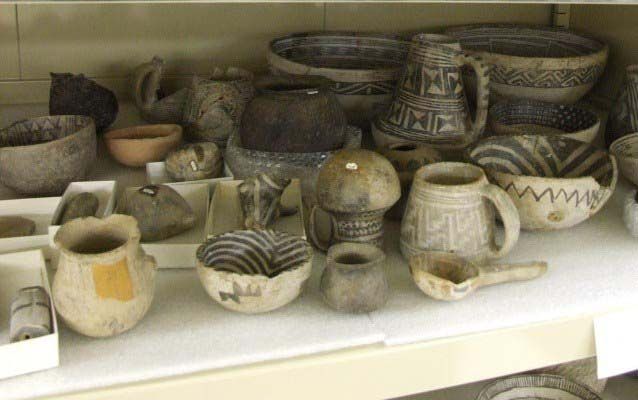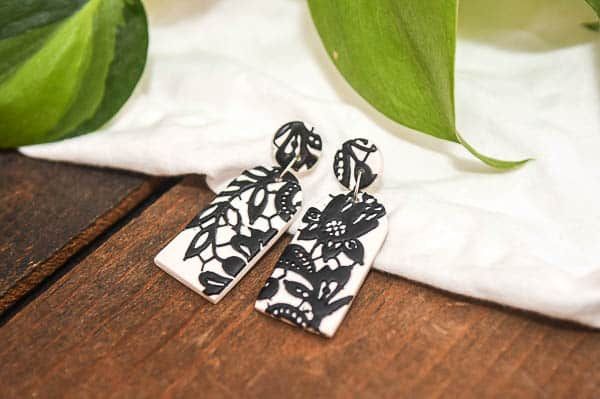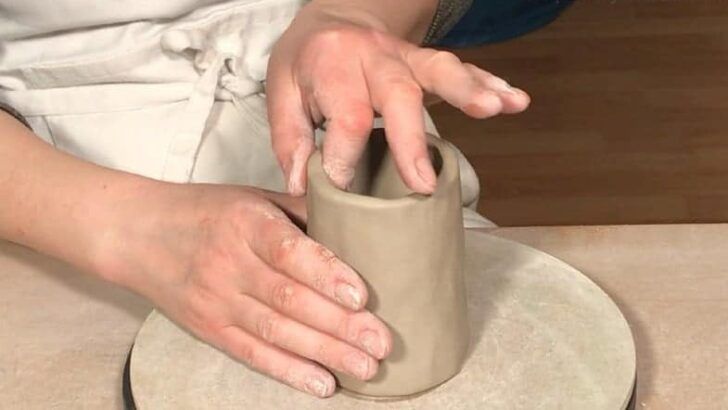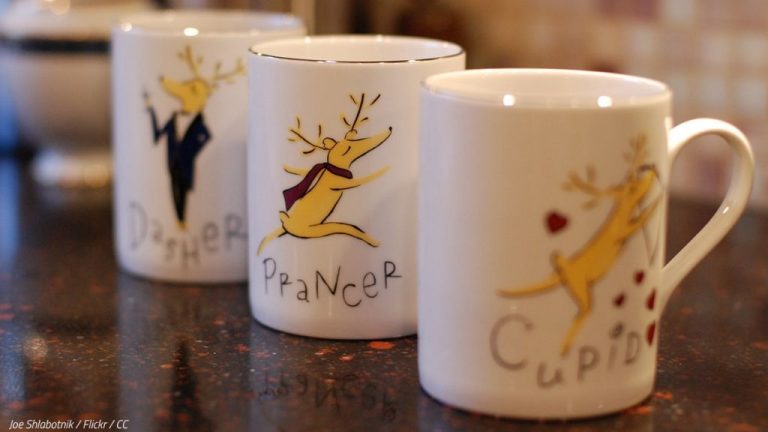Is Pottery Good For Kids?
Pottery is a multifaceted activity that can provide many benefits to children when done properly. From encouraging creativity and developing fine motor skills, to building self-esteem and social abilities, working with clay offers kids a unique hands-on learning experience. Though pottery does require supervision and some basic guidelines, it can be an excellent creative outlet that is both fun and rewarding for kids. With the right approach, pottery can help nurture a child’s natural curiosity and imagination.
This article will explore the key advantages pottery offers for a child’s development and wellbeing. We’ll look at how pottery stimulates creativity, enhances motor skills and patience, provides educational value, and has therapeutic benefits. With insight from experts and instructors, we’ll also offer guidelines for getting started with pottery for kids. The main thesis is that pottery is an excellent activity for children that facilitates learning and growth when done properly.
Creativity
Working with clay allows children to tap into their creativity and imagination. As they mold and shape the clay, kids can create anything they envision without limits. This gives them a chance for self-expression and to bring their ideas to life. According to FeelArtistic.org, “Pottery sessions help nurture and unleash your child’s creativity. Working with clay allows the little ones to explore different shapes, sizes, textures, and more” (source). Pottery provides an open-ended activity where kids are free to experiment. As Troomi.com explains, “Encouraging kids to explore their creativity inspires out-of-the-box thinking and helps children develop problem-solving skills. Pottery is a great way to nurture creative thinking” (source). Making pottery allows kids to tap into their inner artist.
Motor Skills
Playing with clay helps develop children’s fine motor skills in several ways. As they pinch, roll, squeeze, and manipulate the clay, kids strengthen the small muscles in their hands and fingers. This helps build hand-eye coordination and dexterity which are important for later tasks like writing and drawing (The Importance of Clay With Child Development). The resistance from working with clay tones the muscles and connective tissue in children’s hands, wrists, and fingers. Kneading and flattening clay engages different motions and pressures to promote fine motor control (Benefits of Playing with Pottery Clay). As children gain competence manipulating the clay, they will be able to create more intricate shapes and objects, further developing their dexterity.
Focus and Patience
Working with clay requires intense focus and concentration, especially for children. Pottery involves following step-by-step instructions and seeing a project through from start to finish. As noted in the article Top 6 Reasons Why Pottery is a Must for Kids, “Pottery teaches young minds to be patient. Molding clay into intricate shapes and forms is tedious work…The entire process – from wedging the clay to the final firing – requires patience.” Children must pay close attention to each step and not rush the process. This teaches them the value of focus, patience, and persistence.
The hands-on nature of pottery keeps children engaged and determined to complete their vision. As explained in the article Learning Pottery, “The physical, mental and emotional strength it demands can sometimes leave you frustrated. But nothing beats the satisfaction you get when you see your finished work.” Guiding children through each phase allows them to experience the rewards of focus and dedication. With pottery, children learn that taking the time to follow each step leads to a finished product they can take pride in.
Self-Esteem
One of the biggest benefits of pottery for kids is how it boosts their self-esteem. When a child finishes creating a piece of pottery, whether a simple clay pot or a more intricate decorative item, they feel an immense sense of pride and accomplishment. As noted on the art education site Feel Artistic, “Participating in pottery sessions can boost the confidence and self-esteem of the kids. As they see their ideas take shape and witness the transformation, it builds up their confidence.” This feeling of successfully bringing an idea to fruition through hard work and diligence is incredibly empowering for children.
Pottery gives kids a constructive creative outlet to make objects with their own hands. Being able to physically craft unique items that they dreamed up in their imagination does wonders for their self-confidence. The ability to take raw materials like clay and turn them into beautiful, functional creations to gift or enjoy fosters a sense of self-efficacy and pride. As noted by the experts at Troomi, “Creating Something Functional Boosts a Child’s Self-Esteem. One of the main reasons I’m fascinated by ceramics is because the creations you make are functional and useful.” Seeing their artistic vision come to life through pottery Making boosts self-esteem in kids.
Social Skills
Pottery classes provide a great opportunity for children to develop social skills through cooperative projects and interacting with other kids and teachers. Working together on a shared goal, like creating a collaborative clay sculpture, encourages teamwork and communication. According to research from Classbento, “Pottery classes strike the perfect balance between new and exciting and comfortable and inviting. Introductory clay throwing and hand-building pottery classes are designed to be non-intimidating.”
In a pottery class, children must listen carefully to instructions from the teacher and collaborate politely with classmates to share tools or workspace. As explained in an article from Feel Artistic, “We offer classes for pottery for kids, adults, and corporate team building. When people come together to create art in our studios, walls come down. Strangers become friends. Competition becomes camaraderie.” Developing these interpersonal skills in a fun, creative environment allows children to practice socializing positively.
Additionally, group pottery projects teach children how to provide constructive feedback and accept critiques gracefully. As kids share ideas and offer input on each other’s work, they learn to communicate respectfully. With guidance from the instructor, kids can become more considerate and supportive of their peers. Overall, pottery classes give children a space to make connections and grow their social capacity through teamwork.
Educational Value
Working with clay provides many educational benefits for children. Pottery has been an important part of human culture and history for thousands of years, so learning about pottery teaches kids about the origins of human civilization. According to https://ceramic.school/pottery-for-kids/, pottery teaches children about culture, history, and science. Kids learn about the chemical processes involved in firing and glazing clay. They also gain insight into how ancient peoples made utilitarian and artistic objects from clay. Working with clay is multidisciplinary, touching on history, chemistry, physics, culture, math, and art.
Pottery also allows kids to learn about the art and innovations of cultures from around the world. From Greek amphoras to Native American pottery to Chinese porcelain, kids can understand how pottery developed independently across different civilizations. Overall, pottery is an immersive educational experience that brings history and science lessons to life.
Therapeutic Benefits

One of the most valuable benefits of pottery for kids is its therapeutic nature. Working with clay and creating art through pottery can be an excellent stress reliever for children. As they get absorbed in the sensory process of handling and shaping clay, it provides a calming, mindful activity that can lower stress and anxiety levels.
Pottery also allows kids an artistic outlet to express their feelings and emotions. Creating pottery gives them a constructive way to work through issues like anger, sadness or frustration. Rather than acting out, they can channel those energies into their artwork in a productive manner. Researchers have found that expressing themselves through art, like pottery, helps improve psychological health in children.
According to Krista Cameron, owner of Krista Cameron Pottery, “Pottery allows kids to absorb information at their own pace.” The therapeutic nature of pottery helps children process their thoughts and emotions, while developing confidence and resilience. Overall, the soothing yet expressive qualities of pottery make it an ideal therapeutic tool for a child’s social-emotional growth.
Getting Started
When is the right age for kids to start pottery wheel classes? Many experts recommend ages 8-12 as an ideal time to introduce kids to wheel throwing. Classes geared specifically towards kids are available at local community centers, art studios, and pottery shops. Always confirm that the facility has safe equipment sized for children and instructors experienced teaching young kids [Source].
Younger kids can start with handbuilding techniques like pinching, coiling, and slab rolling which help develop fine motor skills. Around ages 6-8, kids can be introduced to the pottery wheel but with close adult supervision. Safety is paramount – be sure to go over rules and proper wheel techniques before starting. Choose a small, low-speed pottery wheel designed for children. Have kids wear aprons to keep clothes clean and tie back long hair [Source]. With patience and practice, pottery wheel classes can be a rewarding creative outlet for kids.
Conclusion
Pottery classes can provide immense benefits for a child’s development and growth. As we’ve explored, working with clay enhances creativity and imagination as kids shape unique works of art. It builds fine motor skills and hand-eye coordination through molding and sculpting. Pottery also teaches focus, concentration, and patience in following multi-step processes. Socially, classes allow kids to collaborate, share, and work together. Educationally, ceramics connects to science, math, history, and culture. Therapeutically, expressing oneself through art can be calming and fulfilling. With proper instruction and supervision, pottery gives kids an engaging hands-on activity that develops cognitive, physical, and emotional skills. The sense of achievement in creating something beautiful and functional out of a simple lump of clay can also build self-esteem and confidence. If your child shows interest, pottery lessons could nurture a lifelong passion for art and creation.





